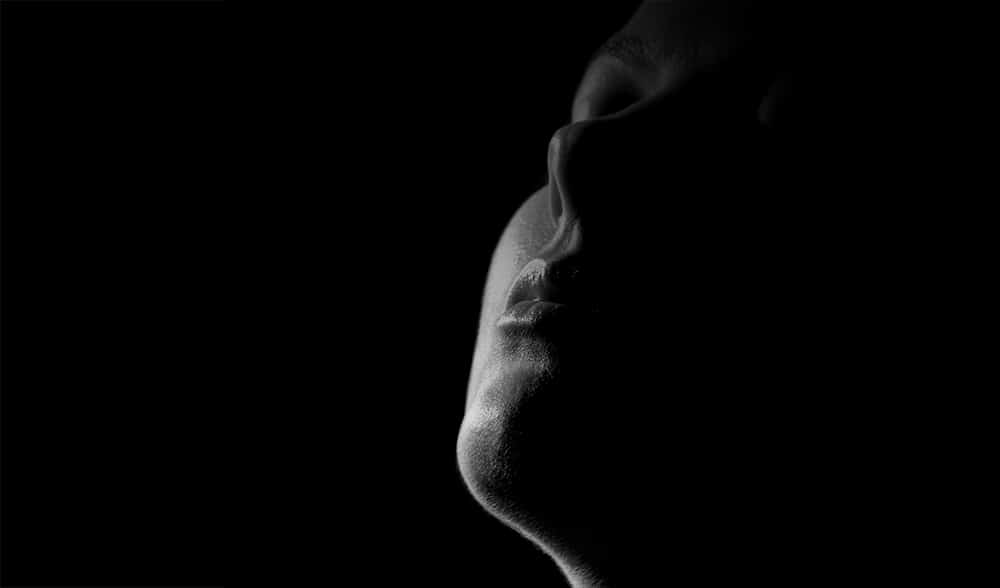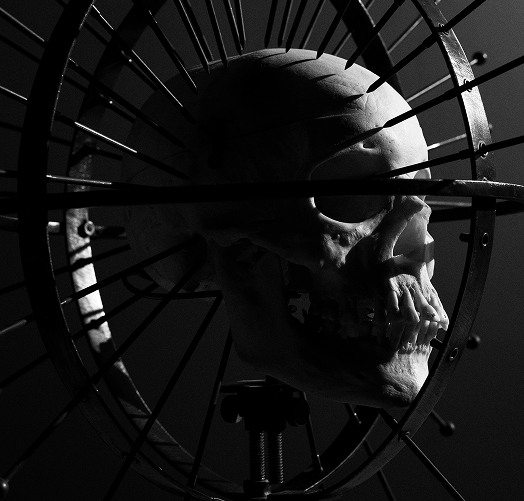Chin implants may be a popular choice for chin surgery but removing them is also one of the most popular revision surgeries that we perform.
Chin implants are typically used in chin surgery (genioplasty) to improve a “weak” or nonexistent chin, or within the context of Asian V-Line surgery. The popularity of chin implants has grown over the last few years and has become one of the fastest growing procedures in plastic surgery. Unfortunately, chin revision surgery (revision genioplasty) is also one of the most popular revision surgeries we perform due to the often unsatisfactory results or resultant medical complications of using chin implants.
Chin implants are problematic and often cause complications.
Although chin implants are an option in some cases, and occasionally used, we believe that placing a foreign object (an implant) into your own body is counterintuitive and often problematic when there are much better ways to reshape and augment the chin.
Often chin implants are placed by inexperienced or unskilled surgeons and sold to the patient as an “inexpensive” or simple solution. This, of course, is so often untrue, due to the frequency of need for chin surgery revision procedures! Instead of one operation, the patient needs another one — often at an increased cost because a secondary procedure is always more complex than a primary one — not to mention the suffering, stress and mental anguish over the first, failed procedure.
Chin implants often cause complications, with the most common being:
- The implant shifting from its original location,
- The implant eroding into the roots of the anterior teeth,
- And, most commonly a squaring of the chin which in females, in particular, can have an undesired masculinizing effect that is altogether unsatisfactory.
It is our belief, that a far better option in our experience, is to reshape the underlying skeleton or foundation of the chin by altering or repositioning the bone. In fact, there are several non-implant options for genioplasty surgery: the chin may be moved forward, down, centered, widened, or narrowed — depending on the desired outcome. In these cases, outcomes are improved because there are more “degrees of freedom” for the surgeon to reshape the chin into an aesthetically pleasing shape that is in harmony with other facial features.
The risks, complications and side effects of chin implants.
Apart from the obvious risk of choosing an unskilled or inexperienced surgeon to insert a chin implant – that the aesthetic result will not be a satisfactory one – there are several other serious medical complications and side effects to be aware of:
- Damage to the marginal mandibular nerve — leading to permanent loss of movement in the lower lip
- Damage to the mental nerve (a sensory nerve which provides sensation to the front of the chin and lower lip as well as the buccal gingivae of the mandibular anterior teeth and the premolars)
- Implant is placed in the superficial tissues — not under the periosteum (the dense layer of vascular connective tissue enveloping the bones) leading to implant movement under the skin
- The wrong sized chin implant is used resulting in a chin looks out of sync or inharmonious with other facial features
- Injury or damage to the teeth, gums, or surrounding nerves
- Permanent loss of sensation, and/or scarring.
- Slow healing, infection, or internal bleeding leading to removal of implant
- Inadvertent masculinization of the female chin
- Unsightly deepening of the labiomental crease (the deep groove underneath the lower lip)
It is critical that when you choose a surgeon for your chin surgery, that you choose a U.S. Board Certified surgeon. The risks of choosing an uncertified, unskilled or inexperienced surgeon are too great and must be avoided at all costs.
Categories:
- Craniofacial
- DLM FAQ
- Facial Feminization Surgery
- Facial Implants
- Facial Masculinization Surgery
- Injectables
- Jaw Surgery
- Non-Surgical
- Nose
- Office News
- Plastic Surgery
About Deschamp- Braly Clinic:
We are privileged to be a part of a journey where the destination is a place that brings you a renewed sense of happiness. We are here to give you our very best. Most importantly, we are here to share in your sense of relief and joy as the dressings are removed.










